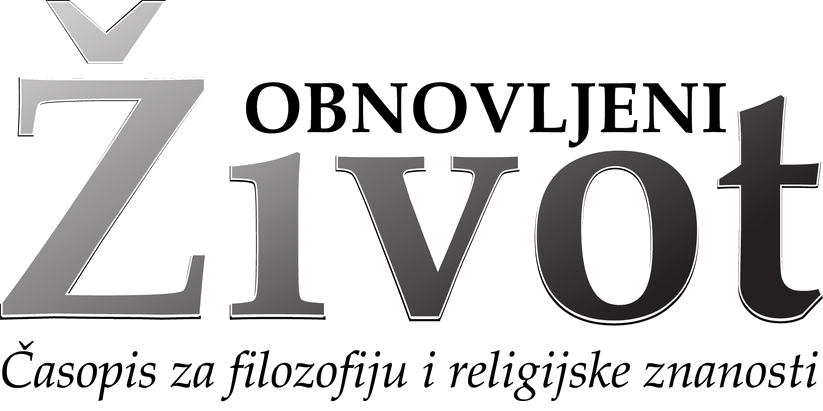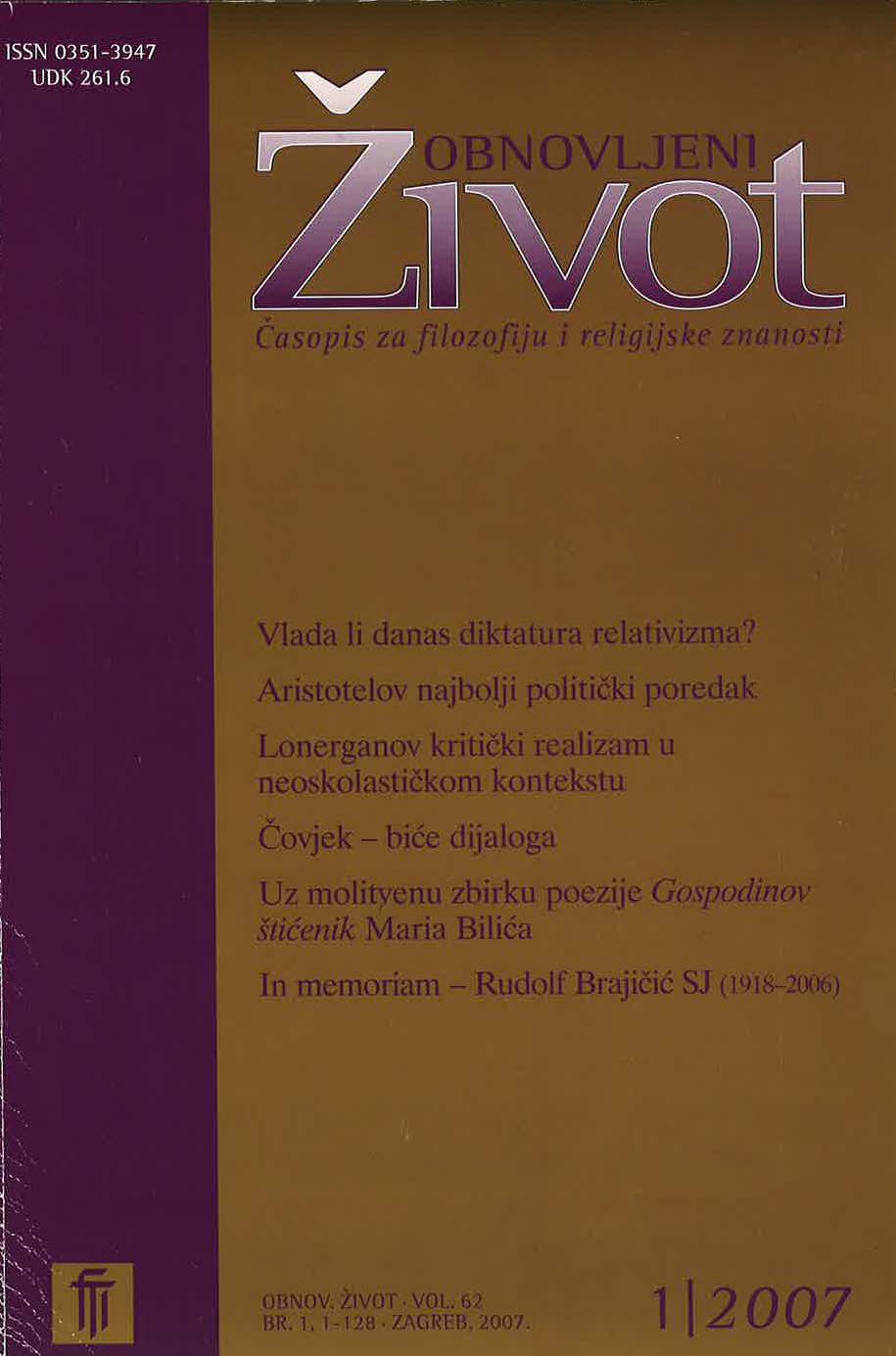Lonergan's critical realism in the context of neoscolasticsm
Abstract
This article analyzes the epistemology of Bernard Lonergan in the context of the immediate realism of E. Gilson and the intermediate realism of J. de Vries, with a special emphasis on the transcendental realism of E. Coreth, who was a representative of the epistemological thought of twentieth century neoscolastic philosophy. I shall attempt to illustarte the novelty and the advantages of Lonergan's critical realism in his linking of experimental and methaphysical knowledge in general, as well as categorical and transcendental knowledge of being, and in the case of a limited object of knowledge, also as the heuristically anticipated range of knowledge. I hold the view that Lonergan is in line with the original Thomistic heritage, and that he promotes it without abandoning its characteristic instance upon the link between experimental and metaphysical knowledge. As regards the metaphysic of being as the absolute horizon, Lonergan's and Coreth's epistemology may be interpreted as two sides of the sam coin.
Downloads
Published
Issue
Section
License
Jednom prihvaćeni članak obvezuje autora da ga ne smije objaviti drugdje bez dozvole uredništva, a i tada samo uz bilješku da je objavljen prvi put u Obnovljenom životu. Uredništvo će obavijestiti autora o prihvaćanju ili neprihvaćanju članka za objavljivanje.
Članci objavljeni u časopisu se, uz prikladno navođenje izvora, smiju besplatno koristiti u obrazovne i druge nekomercijalne svrhe.


